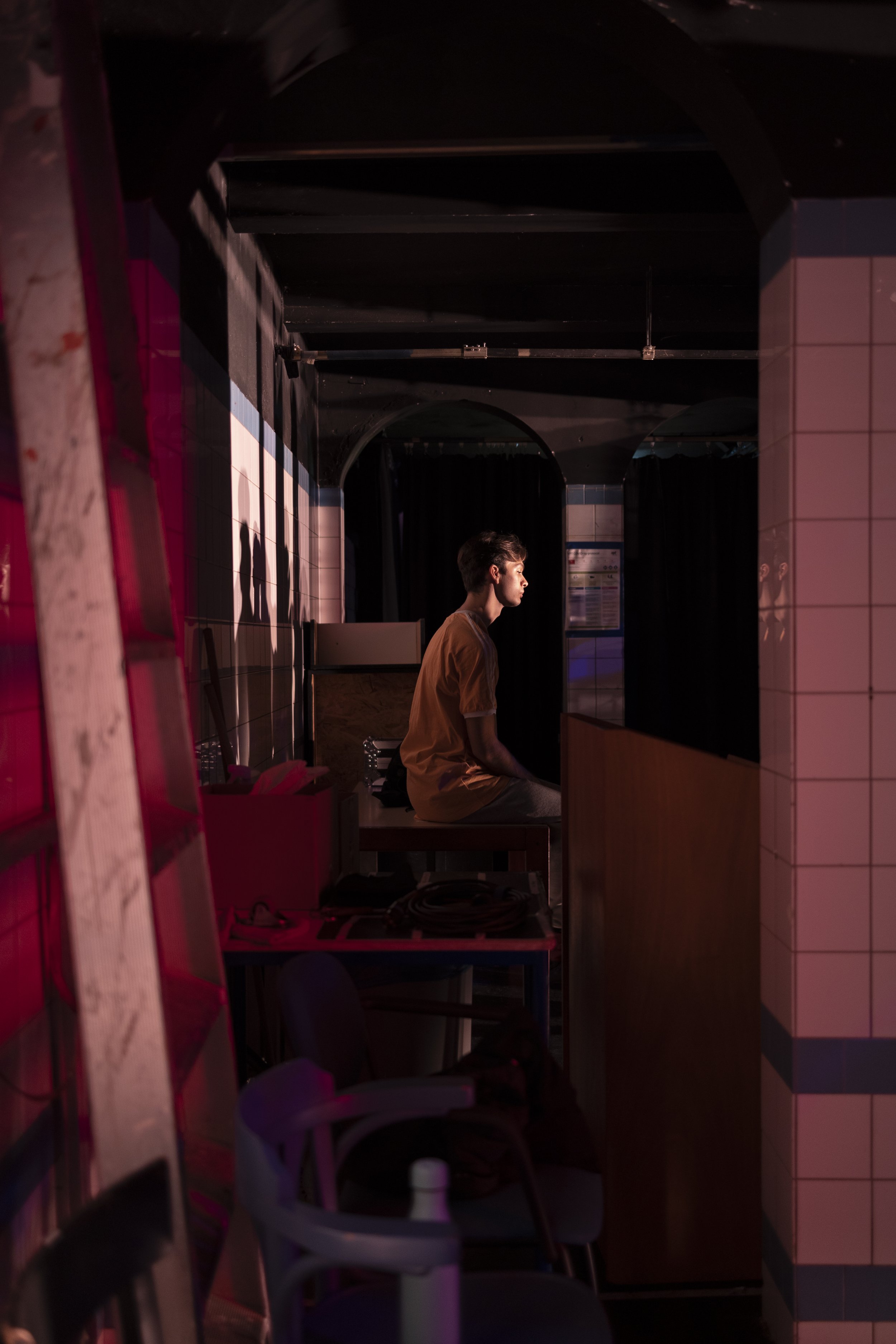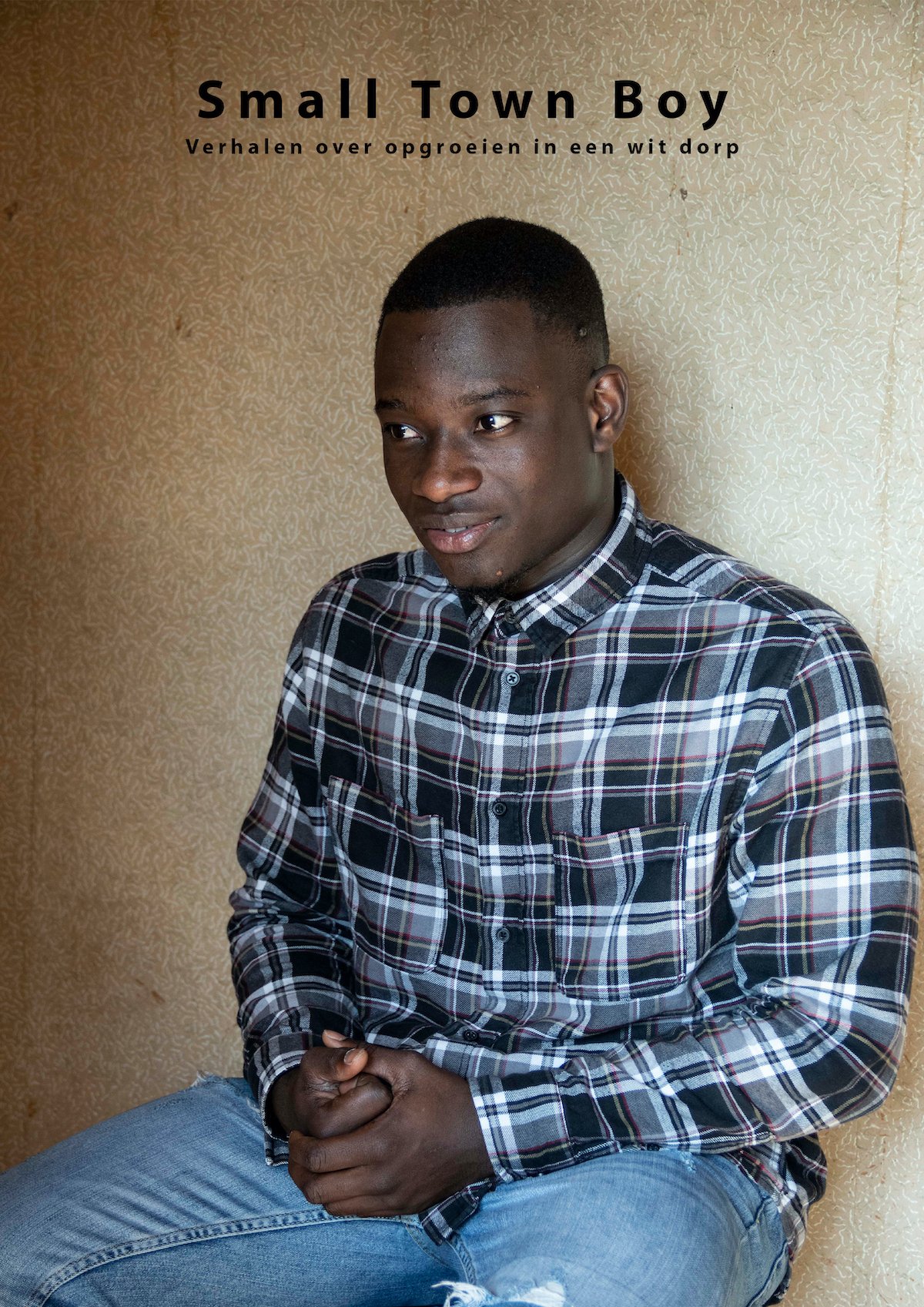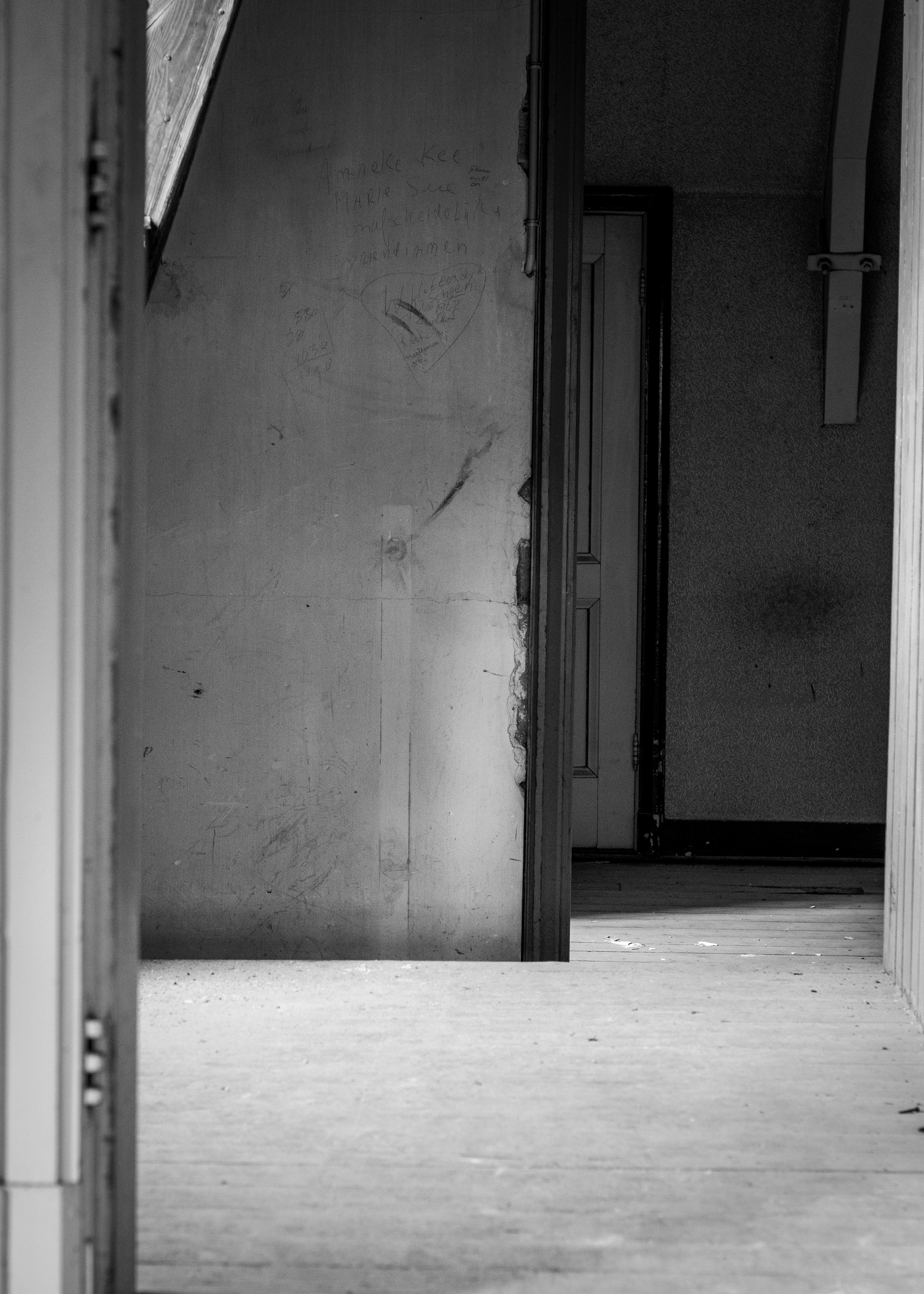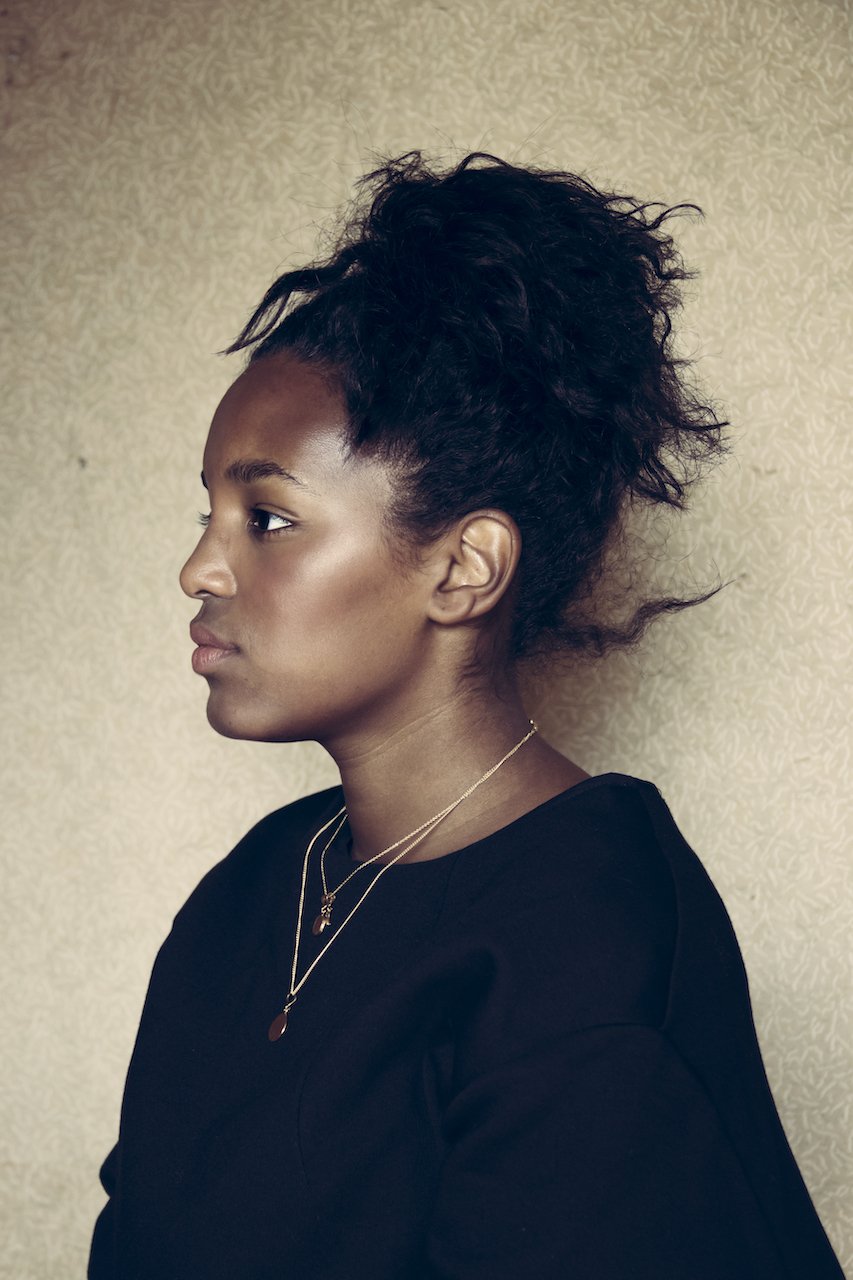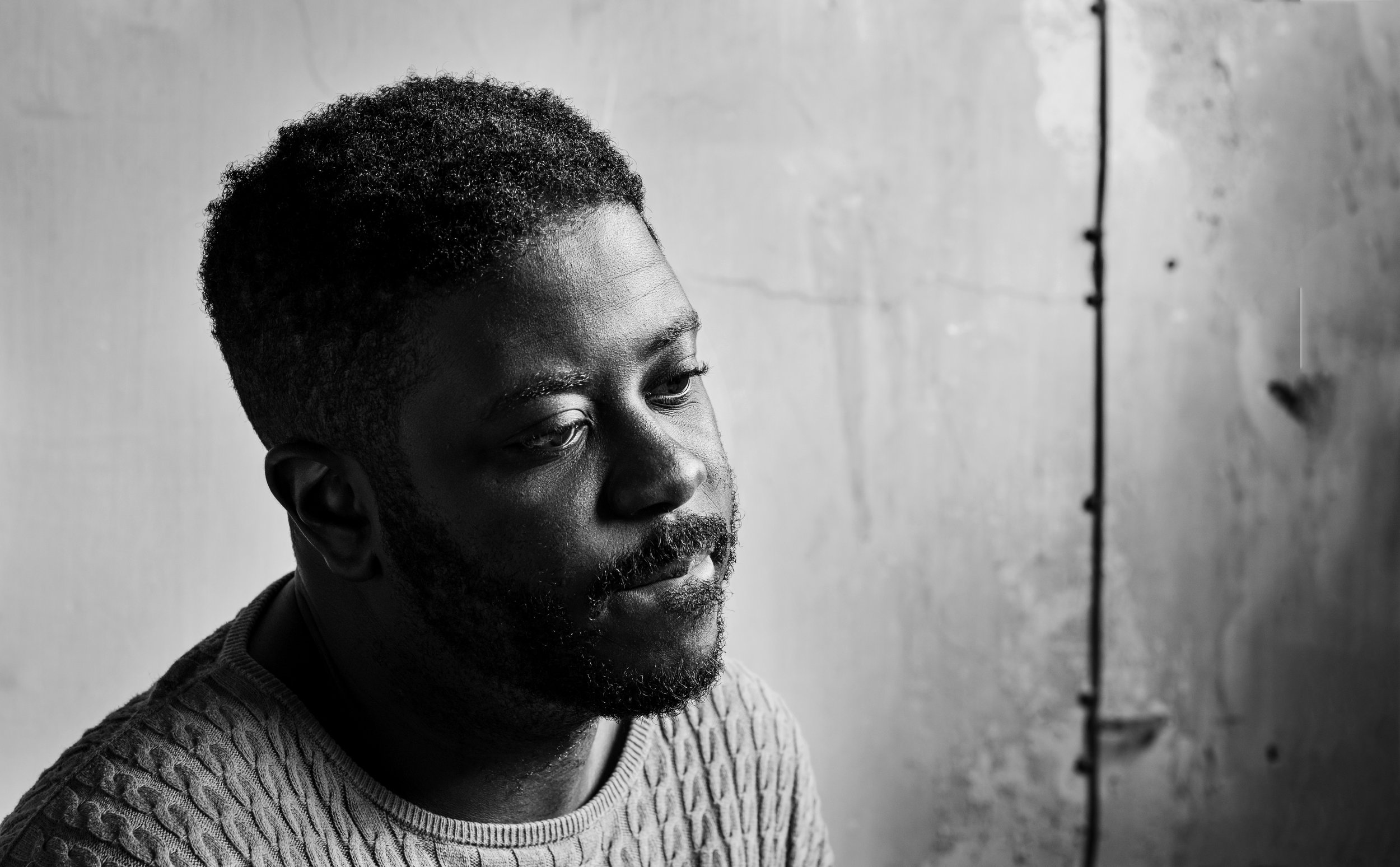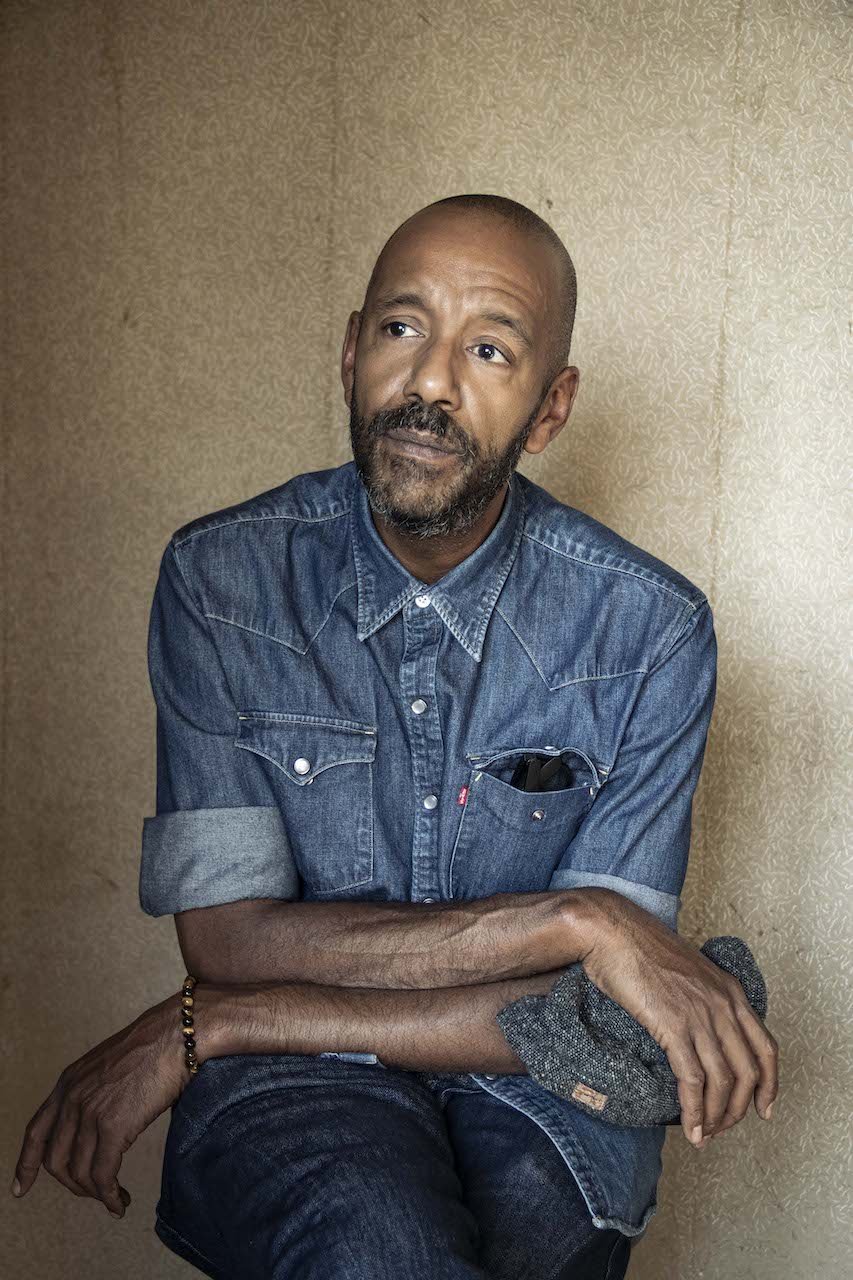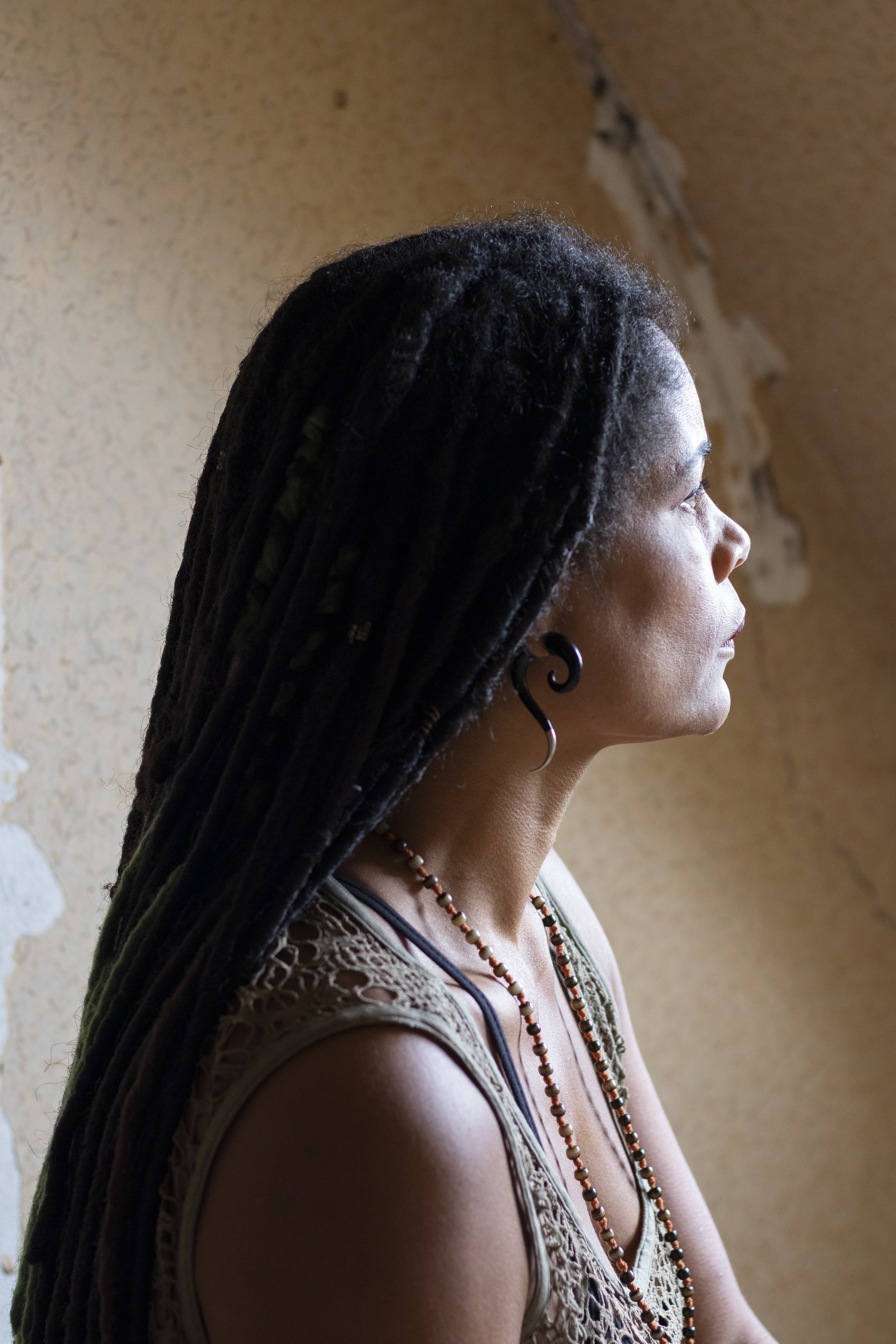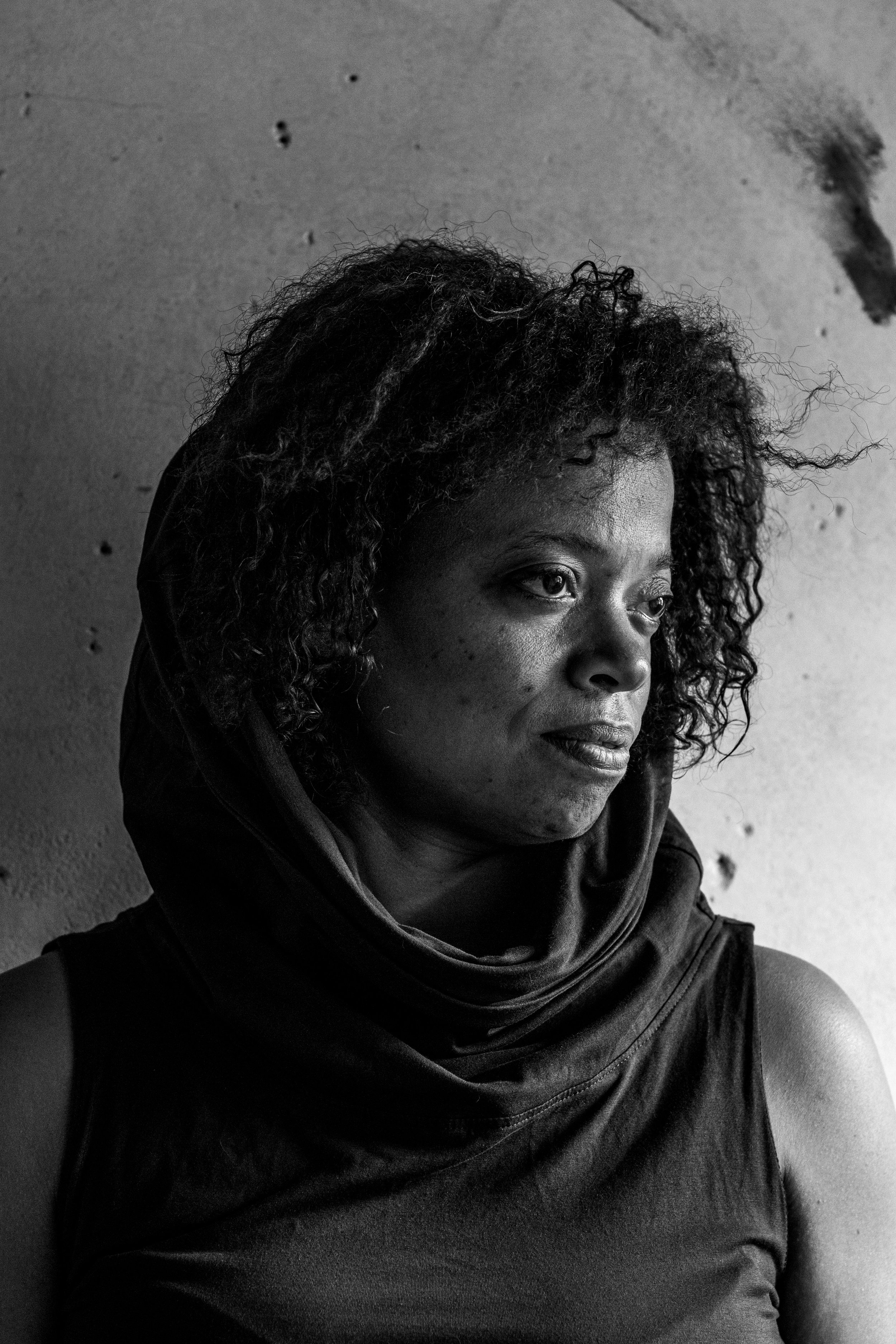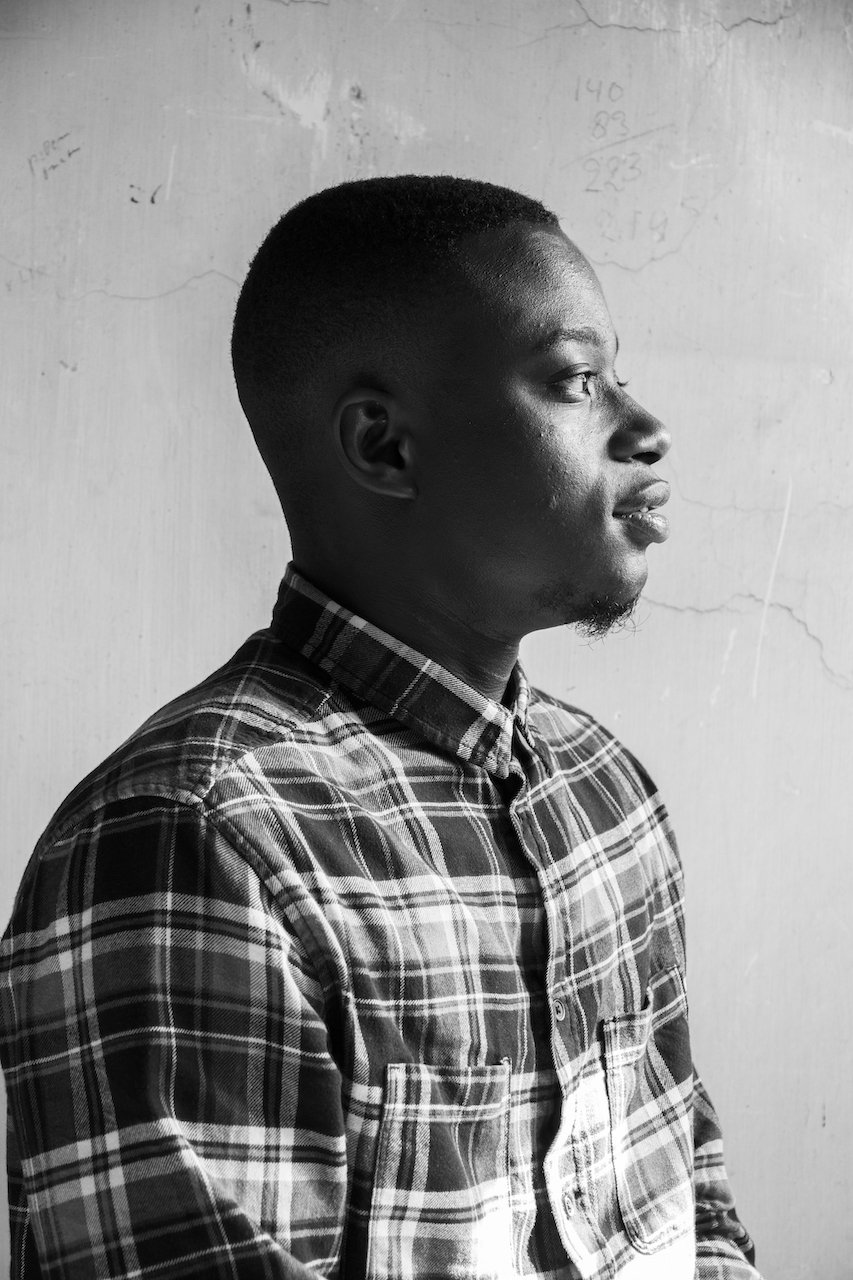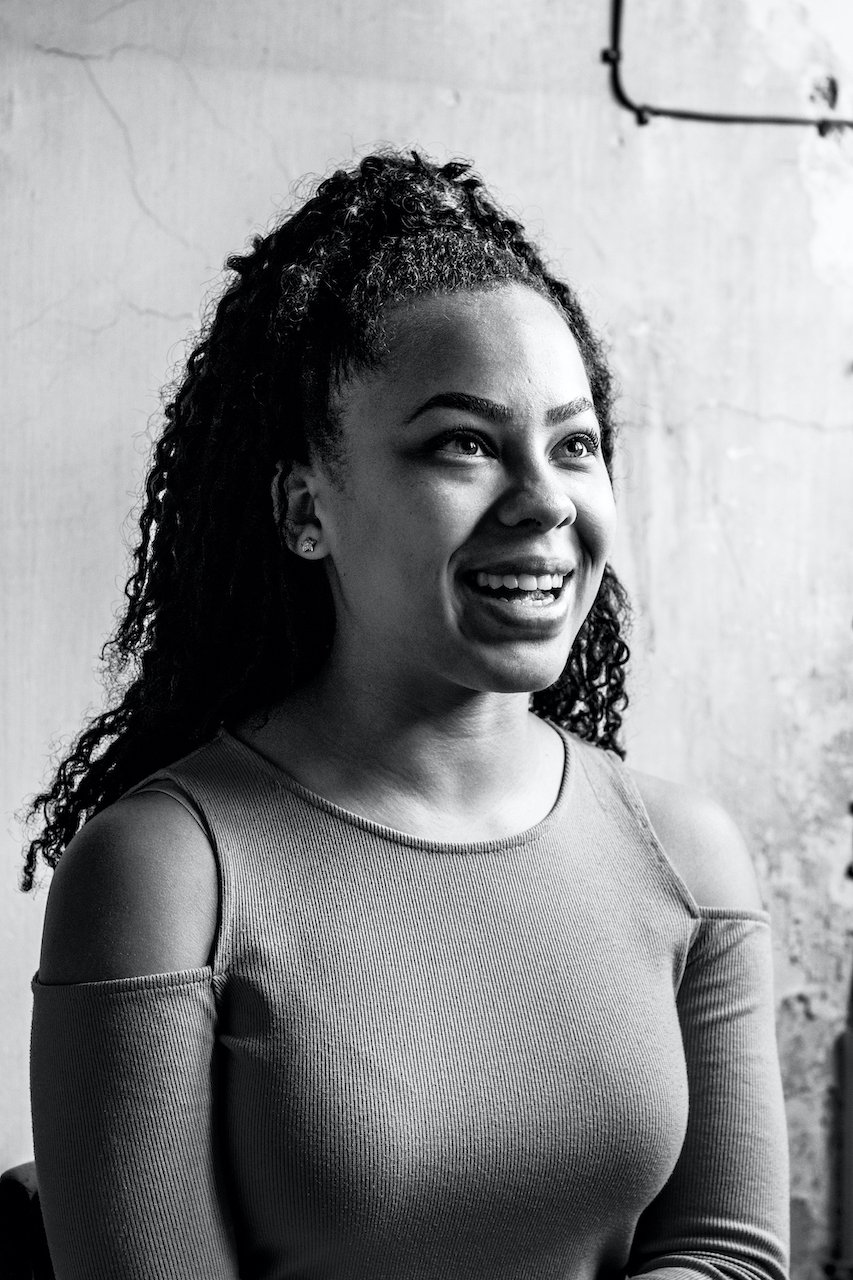Before we go on stage
2022
The Dutch Don’t Dance Division is a vibrant, young dance company led by Thom Stuart and Rinus Sprong. This year marks their 25th anniversary, and in celebration, they have created a stunning dance performance titled Jubilee. After nearly two years without live performances, they can finally return to the stage.
2022, The Hague
The Dutch Don’t Dance Division is a vibrant, young dance company led by Thom Stuart and Rinus Sprong. This year marks their 25th anniversary, and in celebration, they have created a stunning dance performance titled Jubilee. After nearly two years without live performances, they can finally return to the stage.
This photo series captures not just the glamour and spotlights, but also the story behind the scenes—the period leading up to a performance. It highlights the hard work, the tension, the friendships, and the moments just before they step onto the stage.
I followed the company for three days: one day in the studio during their final rehearsal, the day of the dress rehearsal at the theater, and just before their first performance.
(There are 60 photos in total, bundled in a limited-edition book. Below are a few photos from the series.)
Dancers: Carmen Molina Olmo, Ebony Murray, Elena Alessandrini, Kazutora Komura, Kiran Gezels,
Lorenzo Mattioli, Martina Vanzetto, Romain Vandersmissen, Ryunosuke Ujihara
Anissa, (they / them)
2022
Anissa recently came out as non-binary. They are still exploring how they want to identify themselves. Ideally, they would prefer to have a lower body resembling that of a Barbie.
2022
Anissa recently came out as non-binary. They are still exploring how they want to identify themselves. Ideally, they would prefer to have a lower body resembling that of a Barbie. Anissa is certain about wanting to have their breasts removed, a procedure some non-binary people choose as breasts are often associated with femininity. This series offers a glimpse into Anissa's transition. During our last meeting, their brother Obed also came to offer full support. Coming from a religious family, Anissa's coming out was far from easy.
Marjolein
2019-2021
Marjolein is ill, both physically and mentally. When she is almost 18, she writes a letter in desperation to the State Secretary for Health. In it, she speaks openly about her conditions and the fact that she is suicidal.
2019-2021
Marjolein is ill, both physically and mentally. When she is almost 18, she writes a letter in desperation to the State Secretary for Health. In it, she speaks openly about her conditions and the fact that she is suicidal. Her depression has become unbearable, but she has already been waiting four months for a spot at the AMC hospital because she cannot be admitted to the PAAZ ward since she is not yet 18. It seems like a hopeless situation: from physical pain and chronic complaints to complex psychological issues stemming from her chronic conditions, hospital admissions, and her recently diagnosed autism. It’s a vicious cycle from which she cannot escape.
A few years ago, I worked on a photo series called En-profile, and Marjolein responded to my call. I used to be her danceteacher, so I was excited to hear from her. When she arrived for the shoot, she had a tube in her nose. She told me about her stomach condition and that she wasn’t doing well. We stayed in touch, and at the end of 2019, I started following her journey, initially because of her complex physical problems. At that time, I had no idea what kind of mental toll it was taking on her.
She is very open about her struggles and wants to share her story. She hopes to inspire other young people who are chronically ill, both mentally and physically, with her experiences.
Small Town Boy
2021
Ik woon in een witte gemeente, maar ik voel me als sinds mijn jeugd betrokken bij de zwarte gemeenschap. Mijn vriendengroep bestond voor meer dan de helft uit jongeren met een andere afkomst / huidskleur dan ik.
2021
In Dutch
Het Project is gepubliceerd in diverse kranten, waaronder het NRC. Er is aandacht aan besteed op de radio en AT5 / Pakhuis de Zwijger.
Het Magazine Small Town Boy edition: 80 is uitverkocht.
Links naar artikel over het project:
NRC
NH-Nieuws
Leidsch Dagblad
Rodi Nieuws Enkhuizen
Rianne van Dijck - Journalist, eindredacteur
Pakhuis de Zwijger
Ik woon in een witte gemeente, maar ik voel me als sinds mijn jeugd betrokken bij de zwarte gemeenschap. Mijn vriendengroep bestond voor meer dan de helft uit jongeren met een andere afkomst / huidskleur dan ik. Nooit stond ik er bij stil hoe dat zou zijn, opgroeien in een dorp waar je vaak als enige in een klas anders bent. Door de Black-Lives-Matters-demonstraties en de Zwarte Pieten discussie, voel ik al heel lang dat ik hier iets mee wil doen. Wat nou als ik ze alsnog ga vragen hoe het was of is, om te groeien in een wit dorp?
Tijdens een zoektocht naar een locatie, stuit ik op het Snouck van Loosenziekenhuis in Enkhuizen. Het staat al een tijdje leeg, maar heeft, hoop ik, nog mooie oude ruimtes die kunnen dienen als achtergrond voor mijn fotografie. Als ik verder graaf, dan blijkt dat het pand ooit bekostigd werd met geld uit een fonds van de jongste dochter van het Snouck van Loosen gezin. Het geld in dat fonds werd verdient met de handel in slaven tijdens de VOC tijd. Zo valt het ineens op zijn plek. Ik heb een locatie gevonden voor mijn project: ‘Small Town Boy / Girl’
Als ik de eigenaar achterhaal en contact opneem, blijkt het een anti-kraakpand te zijn en word ik doorverwezen naar de organisatie die dit verzorgd. Ik krijg toestemming om een paar keer te komen fotograferen. Het pand is geheel gemoderniseerd, behalve het trappenhuis. Hoewel het mooi is, valt het toch tegen. Als ik de tweede keer kom om wat testfotos te maken, is de zolder open. En dat is nou precies de sfeer die ik wil vangen.
Over de Titel
Het woord ‘boy’. Wanneer het wordt gebruikt om naar een klein kind te verwijzen, denken de meesten van ons daar niet over na. Maar als het woord 'boy' verwijst naar een volwassen zwarte man, en de spreker is zijn blanke supervisor dan krijgt dat een heel andere betekenis.
Het is dus niet zo dat er geen rekening is gehouden met andere sekses, maar je moet het meer zien als een algemene titel die verwijst naar de racistische ondertoon.
NRC April 2021 Interview by: Rianne van Dijck














